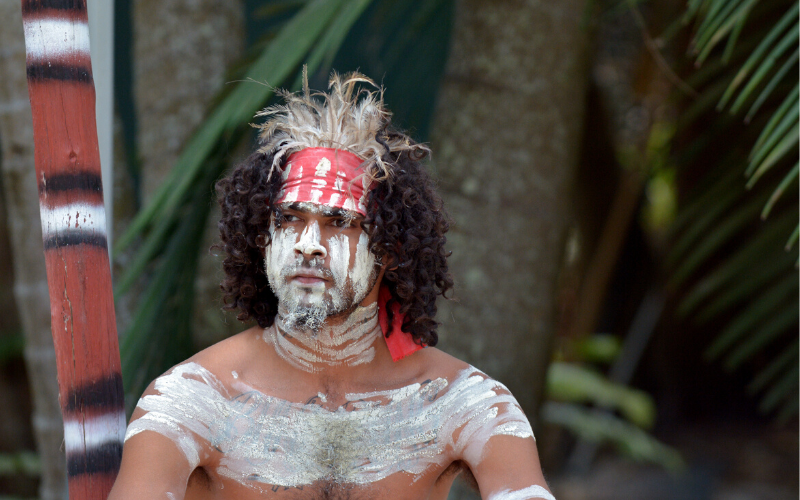Who are we? But more importantly, where do we come from? A new genomic study conducted on indigenous Australians might answer that question. The results revealed that modern humans are all descendants of a single wave of intrepid migrants who left Africa some 72,000 years ago. Today’s Aboriginal People are therefore descendants of the first humans to inhabit Australia. As a result, they are the oldest unbroken civilization on Earth.
The Study of Aboriginal People
The conclusions come from one of three studies published in Nature. All three examine the dispersion of modern man from his common evolutionary birthplace in Africa to Europe, Asia and Oceania. So far, anthropologists have divided between different opinions. Some, in fact, argue that we all share the same ancestors from a single event of mass migration. Others, instead, claim there was a dispersion in distinct waves at different times.
Leading the study were Michael Westaway of Griffith University in Queensland and Eske Willersley of the University of Cambridge. The team analyzed the genetic data of people from 280 different populations settled in largely understudied regions of the world. And the data confirms the theory of the one wave.
As for Australia, the researchers carried out the survey with the collaboration of elders and leaders from various indigenous communities. And the genetic information collected shows amazing data. Aboriginal people living in desert habitats would have developed unique biological adaptations to survive in arid conditions and sub-zero night-time temperatures. In fact, they have not shown the increases in metabolic rates observed in Europeans under the same conditions. According to scholars, this tract has become stronger because they have occupied the continent for a long time.
The Oldest People in the World
The researchers recorded the genetic sequences of two groups of Australian Aboriginal people. 83 came from the Pama-Nyungan language group, which covers 90% of the continent, and 25 of the Papuan highlands. The study shows evidence of a single colonization event in Australia, and a continuity of occupation of the same genetic signature, over a period of about 40 thousand years.
It also reveals that the ancestors of Papuatics and Aborigines left Africa some 72,000 years ago. They also broke away from the main group around 58,000 years ago. They then reached the supercontinent called the Sahul, which originally brought together Tasmania, Australia and New Guinea around 50,000 years ago. Along the way they collected genomes from cousins of Homo sapiens such as Neanderthals, Asian Denisovians and other later extinct hominids. The Papuans and Aborigines then separated around 37,000 years ago. In other words, long before the continents split up around 8,000 years ago.

